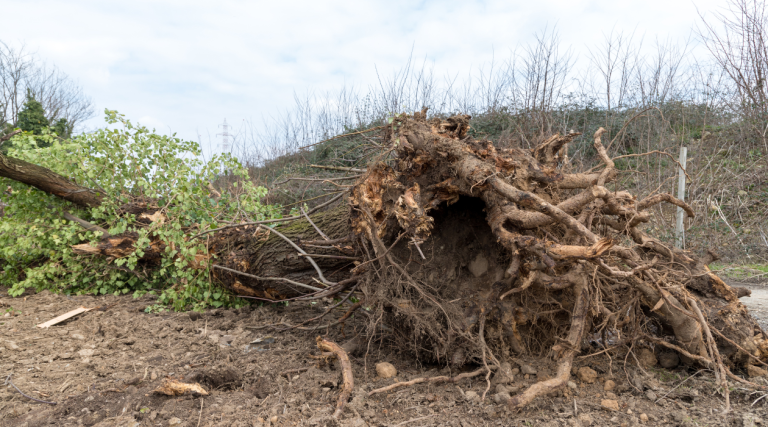Professional Logging Contractors (PLC) of Maine issues statement on closure of Ashland biomass facility
AUGUSTA – The Professional Logging Contractors of Maine (PLC) issued a statement today expressing disappointment at news that the ReEnergy Ashland biomass electric facility will be closing, but optimism for the future of biomass energy in Maine.
The 39 megawatt Ashland facility is an important consumer of chipped limbs, tree tops and other low value forest residue from timber harvesting operations in northern Maine, providing revenue to many Maine logging contractors as well as an efficient means to dispose of material that would otherwise end up in landfills or in piles on the forest floor.
Dana Doran, Executive Director of the PLC, expressed hope that the closure of the facility will be temporary given the mill’s economic importance and the incentives and support extended to ReEnergy by Maine lawmakers, Emera Maine, and the PLC over the past two years.
“Closing the Ashland facility will place increased hardships on Maine loggers and truckers and their families in northern Maine. While we are disappointed by the prospect of a shutdown, we are hopeful that the facility can be reopened in the future to put Maine loggers and truckers back to work,” Doran said.
In 2016, as Maine’s biomass electric producers faced collapse due to a combination of factors including unusually low natural gas prices, the PLC led efforts to provide short-term support for the industry to remain in operation and make investments in efficiency and new technology that would enable it to be successful long-term.
The primary component in the “bridge” package approved by Maine lawmakers was two years of contract incentives funded by Maine taxpayers, as well as a comprehensive study of biomass opportunities in Maine to produce a roadmap for the future.
More recently, Emera Maine extended support to ReEnergy by providing a discount on the transmission charges paid by northern Maine generators that wheel their power into the ISO-New England grid.
“There is no doubt that the actions taken since 2016 prevented significant job losses and economic pain,” Doran said. “In 2016, Maine pulp and paper mills were closing at an unprecedented rate, and the situation for Maine loggers was critical. Stabilizing the biomass industry bought time during which logging contractors were able to adjust to the new realities of the forest economy, and today the pendulum has swung back to investment, expansion, and a much brighter future.”
Biomass is a renewable, reliable, locally sourced fuel that supports Maine logging jobs and energy security while reducing use of fossil fuels. The PLC has estimated total economic losses to the state of Maine from the loss of the biomass industry could be as high as $300 million per year.
“Europe has embraced biomass as a reliable and renewable fuel source despite far less forest cover than Maine, and there is no doubt that with investment and a larger focus on cogeneration technology Maine’s biomass energy sector can be highly successful,” Doran said.



